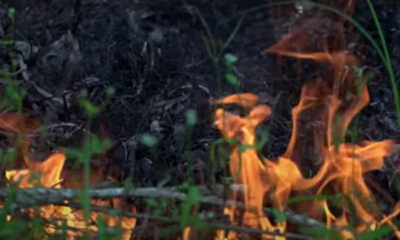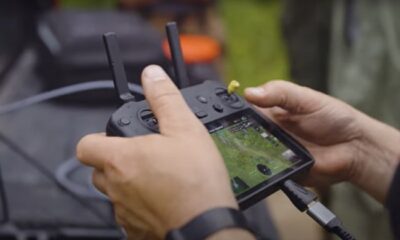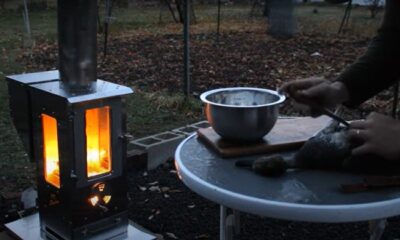Adventure
Texas Tech Students: Conservation’s In Session!
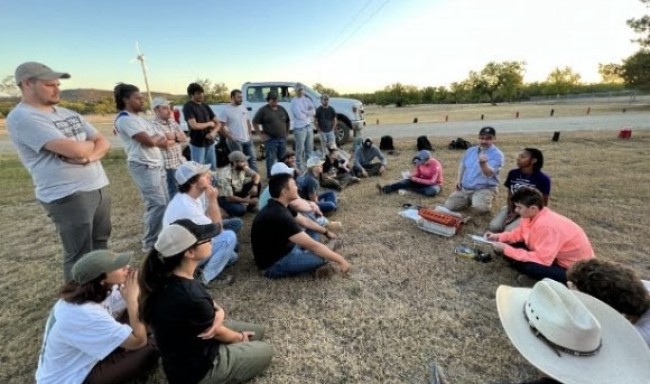
Image courtesy Blake Grisham
As part of the NWTF’s recent $360,000 investment into wild turkey research, a Texas Tech project in Texas’ Edwards Plateau seeks to understand the factors leading to diminishing habitat for Texas Rios and correlate them with the increasing dip in harvest rates. The findings will ultimately help the Texas Parks and Wildlife Department implement scientifically backed management to boost habitat quality and, in extension, bird production.
Blake Grisham, Ph.D., associate professor of wildlife management at Texas Tech University, is leading the charge for the research project. Still, Grisham prefers not to take all the credit, as he is proud to share it with his students, who collaborate with him in the field as part of his Wildlife Techniques class.
During the summer, at the over 400-acre Llano River Field Station, students in the class attend an 18-day, intensive, hands-on program instructed by Grisham and Warren Conway, Ph.D., chairman of the Department of Natural Resources Management.
“To the best of our knowledge, this class is the only remaining field-based immersion wildlife techniques course in Texas,” Grisham said. “Students not only benefit from the hands-on experience in the field but also from the collaboration of an array of faculty and guest wildlife professionals. This immersive and interdisciplinary approach is a crucial element of the experience for our students who take this course annually.”
Students in the course wake up early, work long days in the field and are able to apply the theory taught in the classroom to tangible field scenarios, an enriching experience impossible to recreate in the classroom alone. The class has earned a positive reputation for developing well-trained professionals, resulting in the G. R. White Trust, which provided a $1,000 scholarship to each student in the class in 2022 to help offset tuition ($30,000 total in scholarships). In September 2022, the same donors again provided $30,000 in scholarship money for 2023 students as well as an additional $30,000 in capture, marking and telemetry gear, including $8,000 for GSM transmitters that will be deployed by the class to track Rio Grande wild turkeys, and the data will be included in the NWTF-funded research.
In the case of the recent NWTF co-funded research project, students were directly involved with trapping birds, gathering genetic material, taking samples, attaching GPS/VHS transmitters, monitoring movements and more.
“The most enriching experience I had during my two weeks of taking the class was trapping and marking Rio Grande turkeys,” said Grace Newcomb, a prior Wildlife Techniques student. “I’ve been an avid hunter since I was a little girl, but trapping turkeys was more exciting than any hunting experience I have ever had. The adrenaline I felt sprinting to the turkeys to secure them was nothing like I had felt before. As a student, I rarely experience what I learn in class in real-life situations. When the turkeys flew off safely with their new transmitters, I knew the early mornings and late nights were worth it.”
Ian Mack, another prior student of the course, greatly benefitted from the class and is on the road to becoming a distinguished wild turkey researcher himself.
“I remember the feeling of trapping and banding my first Rio Grande wild turkey like it was yesterday, and every time I am on a turkey capture, I still feel the same way,” Mack said. “It is an absolute adrenaline rush to be close to such a remarkable animal. Getting that kind of hands-on experience is so valuable as a wildlife student. I used the skills I learned in that class and applied many of them to my M.S. thesis at Tarleton State University, and now, I am back at Texas Tech for my Ph.D. studying Rio Grande wild turkeys, so it all comes full circle!”
In addition to the hands-on experience students receive through the course, expert wildlife managers volunteer and collaborate with the students, furthering the impact of the experience. Guests have included professionals from TPWD, Texas A&M University Wildlife Extension, the U.S. Geological Survey, Consolidated Nuclear Security, the U.S. Fish and Wildlife Service and the Texas Audubon Society, among others.
The networking opportunities, coupled with the one-of-a-kind experience, poises students for successful career paths in wildlife conservation.
“Following this class, I accepted a technician position on a turkey project and am considering undergraduate research,” Newcomb said. “Eventually, I plan to attend graduate school and become a private lands biologist or a leasing consultant. I am sure that this class aided me in narrowing my career path. I couldn’t be more excited to find where this will lead me next.”
The NWTF is proud to fund wild turkey research projects that are actively addressing declines and degrading habitat. Contributing to the next generation of wildlife managers, researchers and stewards is a double win.
“Our students earning a Bachelor of Science degree from Texas Tech’s Department of Natural Resource Management provide tremendous impacts on wildlife management and conservation,” Grisham said. “Through their leadership and passion for their vocation, their impacts are felt in professional circles nationwide. They are the future of wildlife management and conservation.”
-
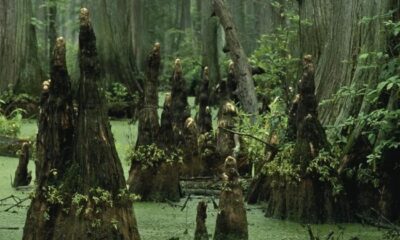
 Hunting1 month ago
Hunting1 month agoDrain the Swamp: Corruption Scandal at Washington State’s Fish & Wildlife
-
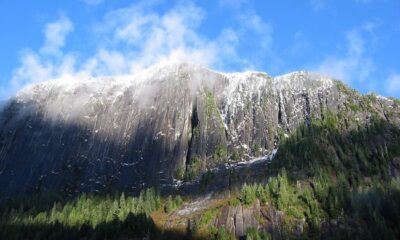
 Adventure2 weeks ago
Adventure2 weeks agoDoes the “Big Beautiful Bill” Have a Public-Lands Wart?
-
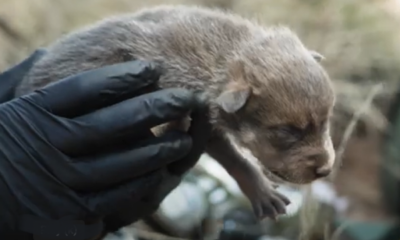
 Adventure4 weeks ago
Adventure4 weeks agoHowling in Cuckoo: How Mexican Wolves are Fostered
-
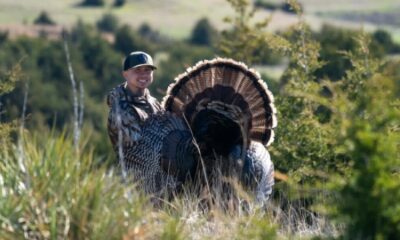
 Hunting2 months ago
Hunting2 months agoHow to Outwit the Merriam’s Turkey
-

 Adventure2 months ago
Adventure2 months agoGoing Rodeo! BANISH Named the Professional Rodeo Cowboys’ Official Suppressor
-
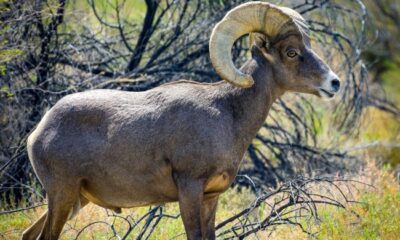
 Adventure6 days ago
Adventure6 days agoU.S. Bighorn Sheep Going Home to Canada
-
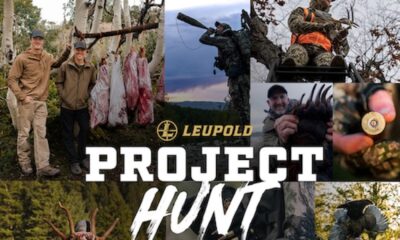
 Adventure3 weeks ago
Adventure3 weeks agoYour Dream Hunt Could Be a Movie & Leupold Can Help

